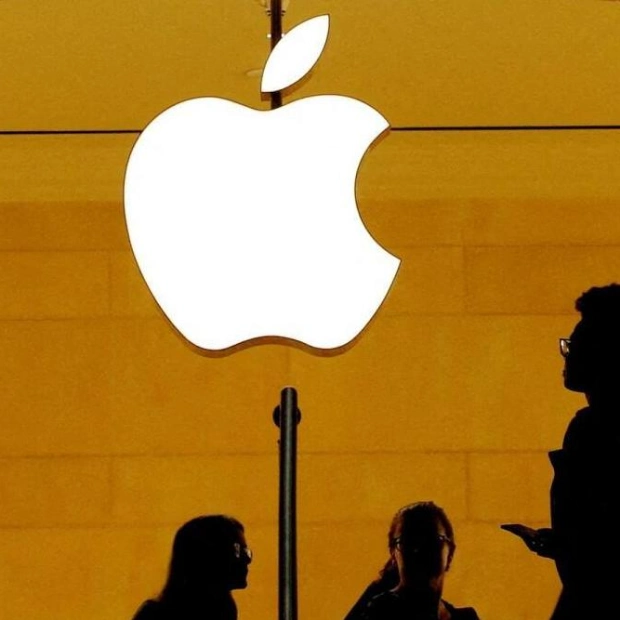Private sector investment in Artificial Intelligence (AI) is projected to significantly boost the UAE’s economy, contributing an additional Dh335 billion by 2031, according to industry experts and officials. Speakers at a conference in Dubai emphasized the importance of collaboration among all industry stakeholders to invest in AI, which is set to be the next major driver for GCC economies, aiding their transition from hydrocarbon-dependent to more digitized and sustainable economies.
The conference, titled 'Artificial Intelligence (AI) For All: Empowering Responsible Investment,' organized by the Dubai Stockbrokers and Investment Services Group (DSIG), took place at the Dubai Chambers headquarters. Omar Sultan Al Olama, UAE Minister of State for Artificial Intelligence, Digital Economy, and Remote Work Applications, highlighted the UAE’s ambition to become a global leader in AI by 2031, aligning with the UAE Centennial 2071 Vision. This vision aims to create new economic, educational, and social opportunities for citizens, governments, and businesses, potentially generating up to Dh335 billion in additional growth.
Sameera Fernandes, chairwoman of DSIG and chief sustainability officer of Century Financial, stressed the critical role of private sector involvement in AI, stating that increased investment would not only enhance the sector’s intelligence but also ensure long-term sustainability. Global corporate investment in AI has surged over the past decade, with a Stanford University analysis estimating total assets and acquisitions from minority stakes, private investments, and public offerings at $934.2 billion from 2013 to 2022. Recent investment reached a peak of $276.1 billion in 2021, driven by the emergence of ChatGPT.
Fernandes noted that while the UAE Government aims to become a global hub for innovation and technology, particularly in AI, private sector investment in this area remains insufficient. She emphasized that increased AI investment would enable the private sector to become not only smarter but also more sustainable in the long term. Fernandes also highlighted the potential of future technologies, such as machine learning, robotics, algorithms, big data, and the Internet of Things, to advance economies. The UAE Government has already begun deploying these technologies, such as driverless cars and flying taxis, to encourage private sector investment and growth in these sectors.
As the UAE navigates the Fourth Industrial Revolution, Fernandes urged investment in digital assets and businesses to maintain the nation’s position at the forefront of innovation and transformation. She also called for private sector investment in developing human talent with digital skills to lead the new economy. While the UAE pushes for greater AI investment, global leaders like the United States, China, and the UK have already committed substantial resources—$328.5 billion, $195 billion, and $25.5 billion, respectively, over the last five years. AI’s potential to enhance economic productivity is substantial, with studies suggesting it could contribute up to 4.0 per cent of GDP in leading economies.






